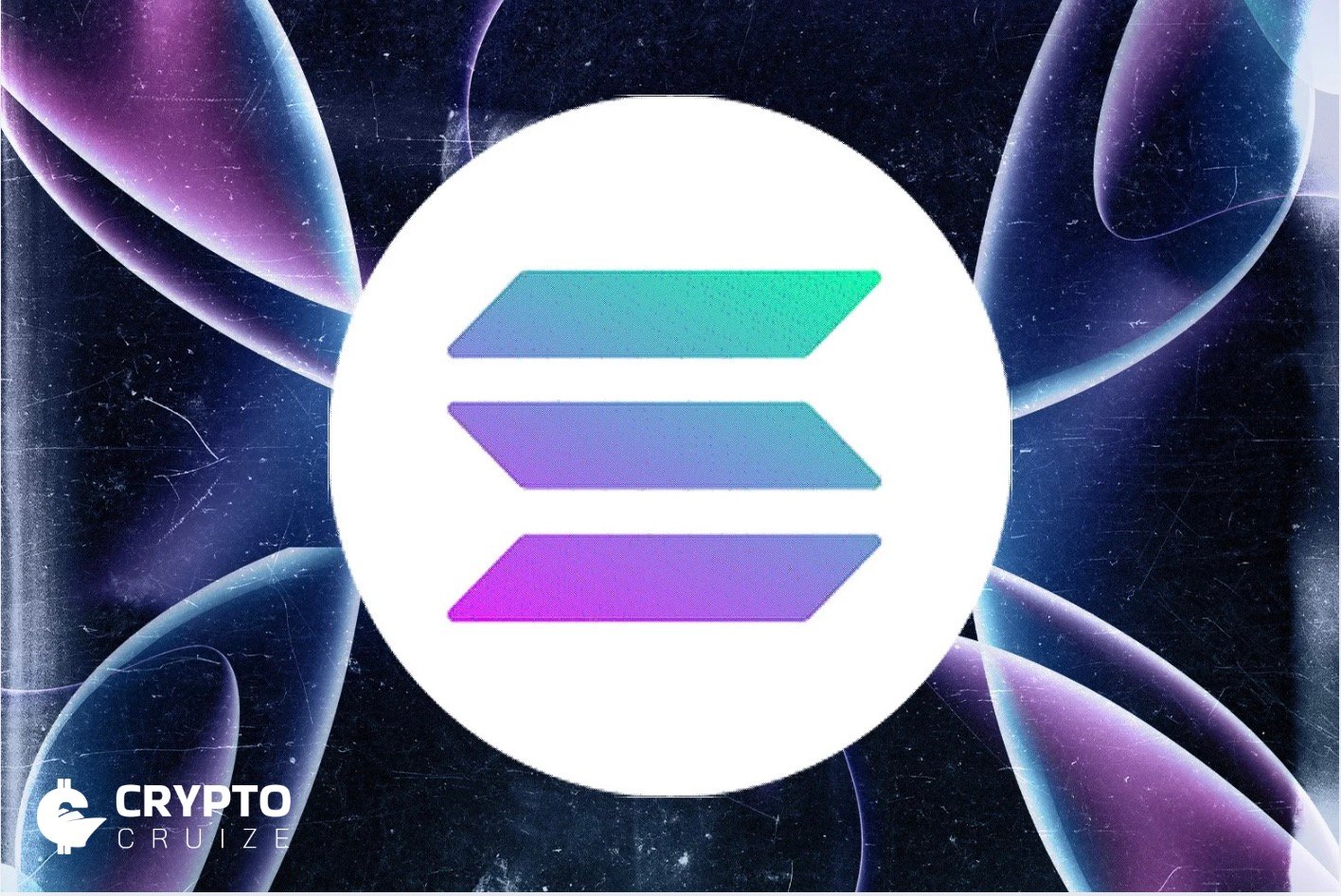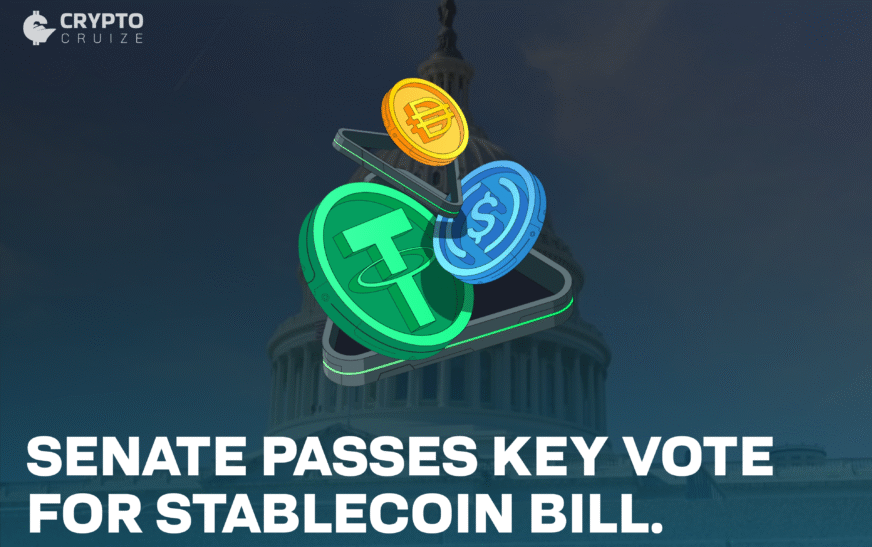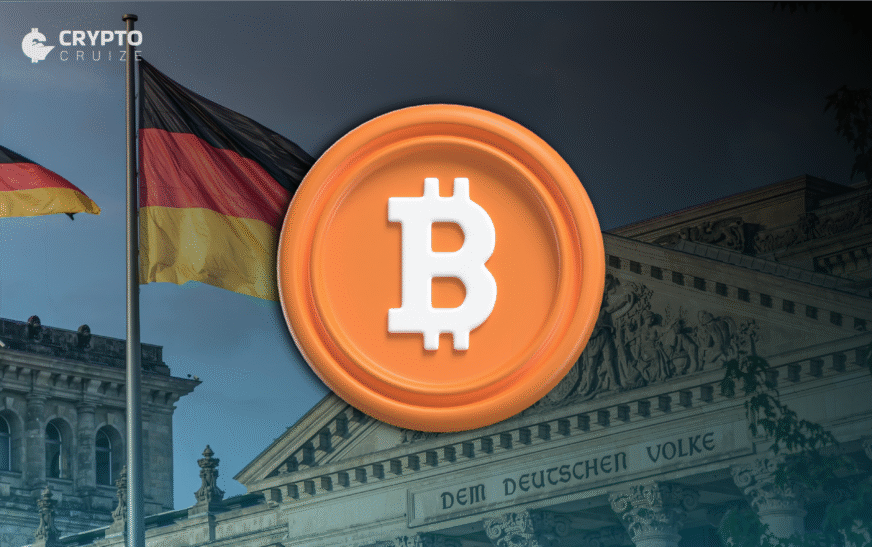Top Court Questions Crypto Regulation Despite Taxation
India’s Supreme Court has questioned the government’s inaction on regulating cryptocurrencies like Bitcoin, despite having imposed a 30% tax on digital assets. The Court raised concerns about the potential risks posed by an unregulated crypto economy during a recent hearing linked to an ongoing investigation involving Bitcoin transactions.
Justice Surya Kant, one of the presiding judges, remarked, “This is a whole parallel economy running with such coins, and it is a danger to the economy of the country.” He emphasised the contradiction in the government’s approach, stating, “If you can tax it at 30%, also please regulate it as you have recognised it by taxing it.”
The Supreme Court’s comments reflect growing anxiety within India’s judiciary regarding the unchecked expansion of cryptocurrency use in the absence of a robust legal framework.
Government Indicates Possible Review
Responding to the Court’s remarks, the Additional Solicitor General of India stated, “We will take instructions, my lord,” suggesting the government may consider a policy review regarding cryptocurrency regulations.
Currently, India lacks comprehensive legislation to govern the sector, although it imposes a significant tax on profits made from digital assets and requires some disclosures from companies dealing in crypto. The latest hearing has intensified calls for the introduction of a legal and regulatory framework to bring clarity and accountability to the market.
Concerns Over Illegal Use and Lack of Oversight
Justice Kant also voiced worries about the misuse of cryptocurrencies, stating that “it has also become a possible way to do illegal business.” He implied that while some use of Bitcoin might be legitimate, others could be involved in illicit activities, though his specific reference to “some Bitcoins are genuine, but some might not be” created confusion, as Bitcoin is not a physical object and cannot be counterfeited in the traditional sense.
Nonetheless, the underlying concern is clear: the decentralised and pseudonymous nature of cryptocurrencies can make them vulnerable to abuse in illegal activities such as money laundering, drug trafficking, and tax evasion if not properly regulated.
Misconceptions Around Bitcoin and Its Creator
During the proceedings, senior advocate Mahesh Jethmalani, who participated in the discussion, remarked on the growing global adoption of Bitcoin. He noted, “In Europe, you can walk into a car showroom and buy a car using just one Bitcoin.” While such cases exist, they remain relatively uncommon and usually occur through specific dealers.
Jethmalani also claimed that Bitcoin was created by “someone from Japan who used a fake name,” referring to its pseudonymous creator, Satoshi Nakamoto. However, this statement revealed a misunderstanding of Bitcoin’s origins. While Nakamoto’s pseudonym has Japanese roots, the real identity and nationality remain unknown.
Ongoing Uncertainty in India’s Crypto Policy
India’s crypto sector has long operated in a regulatory grey zone. Although the Reserve Bank of India had previously imposed a banking ban on cryptocurrencies in 2018, this was overturned by the Supreme Court in 2020. Since then, the government has neither banned nor fully legalised crypto trading, choosing instead to impose high taxes and mandate limited reporting.
The absence of a detailed policy has led to frustration among industry players and investors, who face uncertainty and potential legal risks. At the same time, regulators and lawmakers continue to worry about financial crimes, capital flight, and consumer protection in a largely unregulated environment.
With the Supreme Court now putting direct pressure on the central government, it remains to be seen whether India will finally move forward with comprehensive cryptocurrency legislation.





















































